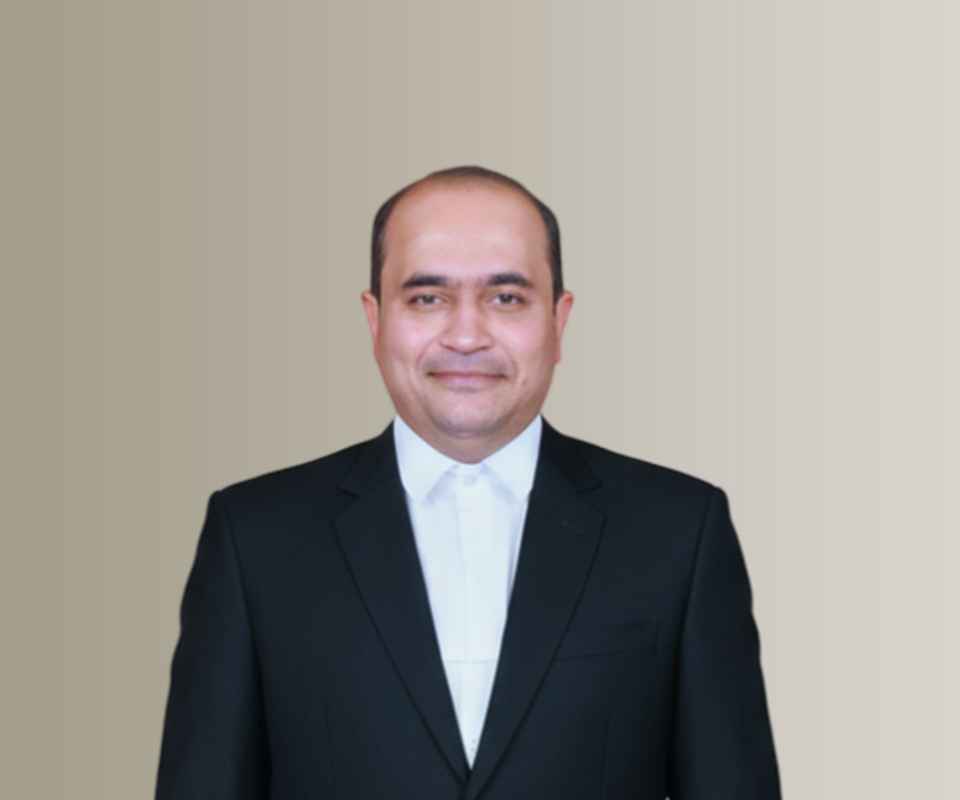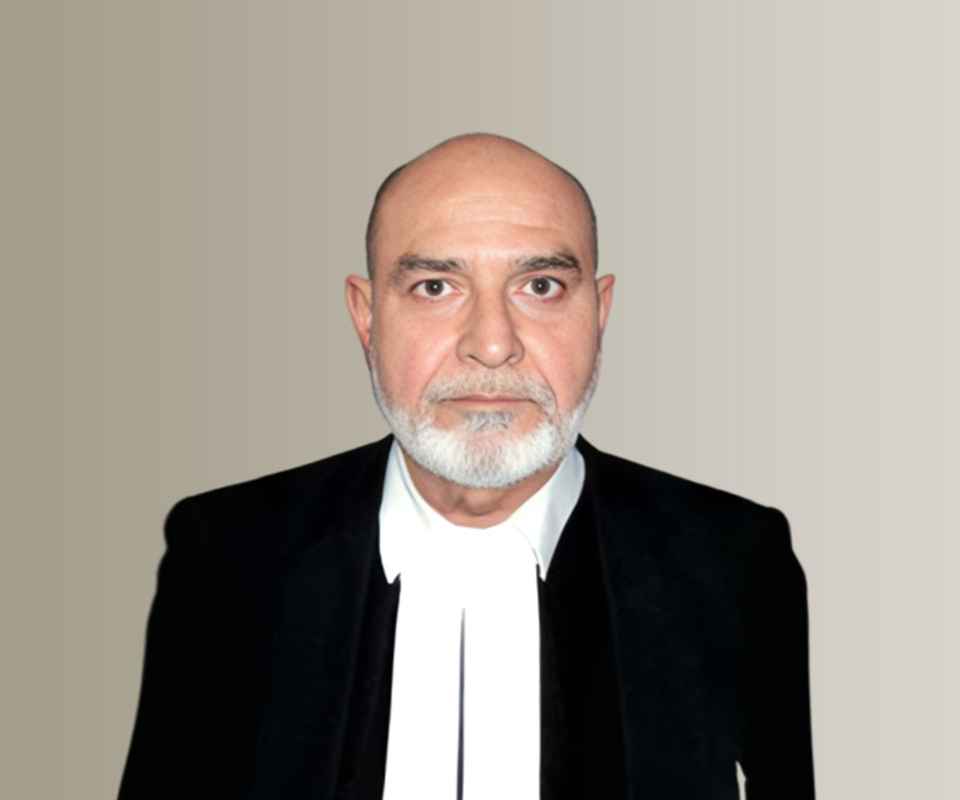Answer By law4u team
When a tenant passes away during the lease period, the landlord must determine how to handle the security deposit that was provided at the start of the lease. In most cases, the security deposit is a safeguard for the landlord to cover any damage to the property or unpaid rent. However, upon the tenant’s death, the legal heirs or estate take responsibility for the tenant's assets, including the security deposit. The landlord has specific obligations to return the deposit to the legal heirs unless there are valid reasons for deductions.
Landlord’s Obligation to Return the Security Deposit to the Tenant’s Legal Heirs:
Return of the Security Deposit to the Legal Heirs:
When a tenant dies, the legal heirs or the executor of the estate are responsible for handling the tenant's affairs, including the return of the security deposit. The landlord is obligated to return the security deposit to these legal representatives, provided that there are no outstanding dues or damages to the property.
Example: After the death of a tenant, the landlord is required to return the security deposit to the tenant’s spouse or children, who are the legal heirs, unless there are valid reasons for deductions, such as unpaid rent or property damage.
Property Inspection:
The landlord is entitled to inspect the rental property before returning the security deposit to the heirs. The landlord can deduct amounts from the deposit to cover any damages or unpaid rent. The tenant’s estate is liable for these costs if they exist.
Example: If the property is damaged, the landlord can deduct the cost of repairs from the security deposit before returning the remainder to the legal heirs.
Legal Heirs’ Rights:
The legal heirs are entitled to the security deposit because they inherit the tenant’s rights and obligations. The landlord cannot refuse to return the deposit without legal grounds. If the landlord unjustifiably withholds the deposit, the heirs have the right to take legal action to recover the amount.
Example: If a landlord refuses to return the security deposit without any valid reason, the tenant’s heirs can file a claim in small claims court to recover the amount.
Deductions from the Security Deposit:
The landlord may make deductions from the security deposit for the following reasons:
- Unpaid rent: If the tenant died with rent unpaid, the landlord can deduct this from the security deposit.
- Damages: The landlord can deduct the cost of repairing any damage to the property caused by the tenant.
Example: The landlord conducts an inspection after the tenant’s death and finds minor damage to the property, such as broken fixtures. The landlord deducts the repair cost from the deposit and returns the remaining balance to the legal heirs.
Timeframe for Returning the Deposit:
The landlord is usually required to return the security deposit within a reasonable timeframe after the tenant's death and after the inspection of the property. The timeframe may vary depending on the lease agreement and local tenant laws.
Example: If the lease agreement specifies a 30-day period for returning the security deposit, the landlord must return the deposit within this timeframe unless there are delays due to property damage or other disputes.
Handling the Deposit When Heirs Are Uncertain:
If there are complications with determining the legal heirs (for example, disputes over inheritance or an unappointed executor), the landlord may have to hold onto the deposit until the heirs are identified. In such cases, the landlord should act in good faith and ensure the deposit is returned once the heirs are determined.
Example: The tenant’s will is contested, and the landlord waits for the legal process to determine the rightful heirs. During this period, the landlord keeps the security deposit in escrow.
Communication with the Estate:
The landlord should communicate directly with the tenant’s estate or the legal heirs to clarify the process for returning the deposit. Proper documentation, such as a death certificate and proof of heirs, may be required for the landlord to process the return of the deposit.
Example: The landlord asks the deceased tenant’s family for the death certificate and any necessary legal documents to process the return of the security deposit.
Example of the Process:
Scenario: A tenant passes away during their lease. The tenant’s spouse informs the landlord of the death and provides the necessary documentation, such as a death certificate. The landlord inspects the apartment and finds no significant damages, so they return the full security deposit to the tenant’s spouse within 30 days, as per the lease agreement. The landlord deducts nothing from the deposit as the rent was paid and the property was in good condition.
Conclusion:
Yes, a landlord is obligated to return the security deposit to the legal heirs or executor of the tenant’s estate after the tenant’s death, provided there are no valid deductions for unpaid rent or property damage. The landlord must conduct a property inspection, and if the conditions are met, return the deposit within a reasonable period. However, if there are damages or unpaid rent, the landlord can legally deduct these amounts from the security deposit before returning the balance to the heirs. Communication between the landlord and the tenant's legal heirs is crucial to ensuring a smooth process.







